Artificial Intelligence: Legal Risks for Businesses
The brave new world of generative artificial intelligence (AI) is here. With just a simple prompt, businesses can now produce images, text, and even computer code. From writing consumer-facing content to generating leads and helping with human resources recruitment, AI has the potential to save businesses time and money on a wide range of tasks.
Many small businesses have begun to use AI tools in their operations, but despite fast adoption and development, AI is still in its infancy. Accordingly, AI presents many unresolved legal questions, including issues involving copyright, privacy, advertising, and employment.
Businesses that leverage AI tools should have guidelines for how they plan to get the most out of the technology while minimizing legal risks.
More Than Just ChatGPT
ChatGPT—the AI chatbot that can generate content, answer questions, and mimic human conversation—hit 1 million users in just five days after it was launched in 2022.
However, it is just one of many AI tools now available in the marketplace. The AI industry had 2 billion monthly visits and a 10.7x growth rate in 2023.[1] The top 10 most popular AI tools of the year were as follows:
ChatGPT (chatbot)
Character.ai (chatbot)
QuillBot (writing)
Midjourney (image generator)
Hugging Face (data science)
Bard (chatbot)
NovelAI (writing)
Capcut (video generator)
Janitor AI (chatbot)
Civitai (image generator)[2]
In addition to generating text, images, and video, AI applications can offer help with voice and music generation, design, and recruitment. AI chatbots such as ChatGPT and Google Bard—by far the most heavily used AI tool—can be used for tasks such as content creation and writing, translation, brainstorming and planning, data entry and processing, analysis, and recommending products.
AI Benefits for Small Businesses
A survey by the Small Business and Entrepreneurship Council (SBEC) found that 75 percent of small businesses utilize AI tools for marketing, sales, and customer service. More than 50 percent said time and cost savings drove their decision to use AI. Other popular reasons were inflationary pressures (29 percent), high labor costs (25 percent), and lack of access to skilled labor (19 percent). Business owners said AI saved them a median of 13 hours per week, freeing them and their employees to focus on higher-value work. Time saved on human capital because of AI also allowed owners to pursue growth opportunities, keep prices stable, and pay down debt more quickly.[3]
Legal Risks of AI
Few opportunities come without risk or cost, and AI is no exception. Part of the risk comes from the unknowns about AI. Breakneck adoption speed combined with unresolved legal questions are reasons for early AI adopters to proceed with caution, especially in the following areas.
Copyright
Using generative AI to create marketing and other content may be a huge timesaver for businesses; however, most AI-generated content is not entitled to copyright protection. Copyright protection law applies to work created by a human. The US Copyright Office recently issued a policy statement clarifying that AI content is excluded from copyright protection, although exceptions may apply to AI works that a person has sufficiently modified to meet the standard for human authorship.[4] This lack of intellectual property rights means that the content created will have less value. In addition, there is a risk of infringing on another’s intellectual property rights if an AI chatbot has been trained using works protected by copyright.
Data and Privacy
Data privacy laws in Colorado, California, Virginia, Utah, and other states have increased legal compliance concerns and costs for many businesses, and the use of AI tools could cause further increases, particularly because the data they collect may be disseminated to third parties.
AI tools are trained on large data sets that produce outputs. If the AI model input involves personal data, or any output is used to make decisions that affect data subject rights, the AI is probably subject to data privacy laws.
Federal and State Regulatory Authorities and AI
In addition to state privacy laws, the Federal Trade Commission (FTC), Consumer Financial Protection Bureau, Department of Health and Human Services, Equal Employment Opportunity Commission, and state attorneys general may all have authority to regulate how AI is used. The FTC, for instance, has the authority under section 5 of the FTC Act to hold companies accountable for making a deceptive claim using AI. Businesses should be transparent about their use of AI and the content it produces. In addition, businesses should ensure that they do not illegally collect or disseminate consumers’ personal data.
Do Your Business Policies Reflect AI Realities?
AI has impressive capabilities, but it presents legal risks and corresponding questions: Who owns the content? Does AI create increased privacy law compliance obligations? Do training materials need to be updated? What are the risks of financial loss, reputational damage, and legal consequences from using AI?
For every question you are asking about AI-related risks to your company, there is probably another important question you are not asking. Meet with our small business attorneys to discuss how you can benefit from using AI while avoiding inadvertent violations of the law. Contact us to set up a meeting.
[1] Sujan Sarkar, AI Industry Analysis: 50 Most Visited AI Tools and Their 24B+ Traffic Behavior, WriterBuddy, https://writerbuddy.ai/blog/ai-industry-analysis (last visited Mar. 14, 2024).
[2] Ashton Jackson, These are the top 10 most popular AI tools of 2023, and how to use them to make more money, CNBC (Dec. 24, 2023), https://www.cnbc.com/2023/12/24/the-top-10-ai-tools-of-2023-and-how-to-use-them-to-make-more-money.html.
[3] Small Bus. & Entrepreneurship Council, Small Bus. AI Adoption Survey (Oct. 2023), https://sbecouncil.org/wp-content/uploads/2023/10/SBE-Small-Business-AI-Survey-Oct-2023-FINAL.pdf.
[4] U.S. Copyright Office, Copyright Registration Guidance: Works Containing Material Generated by Artificial Intelligence (Mar. 16, 2023), https://www.copyright.gov/ai/ai_policy_guidance.pdf.
